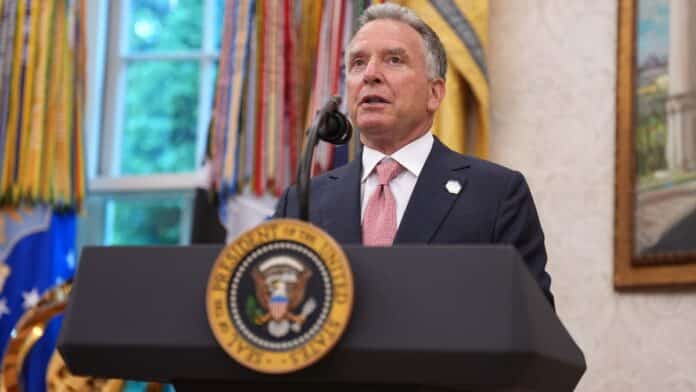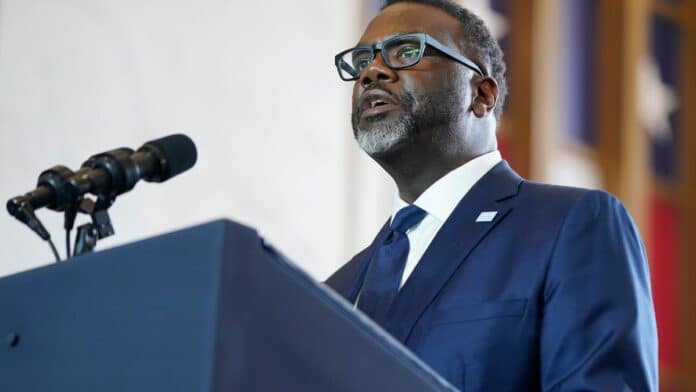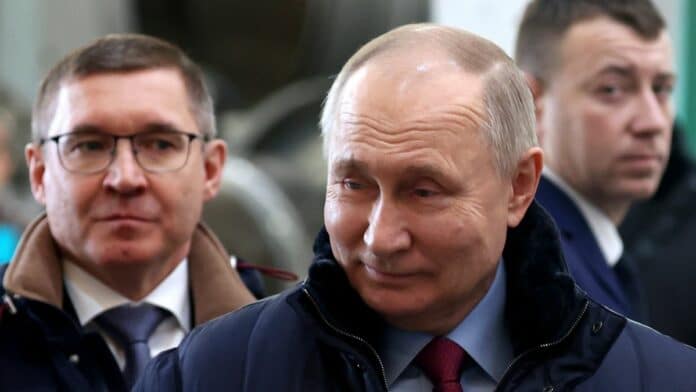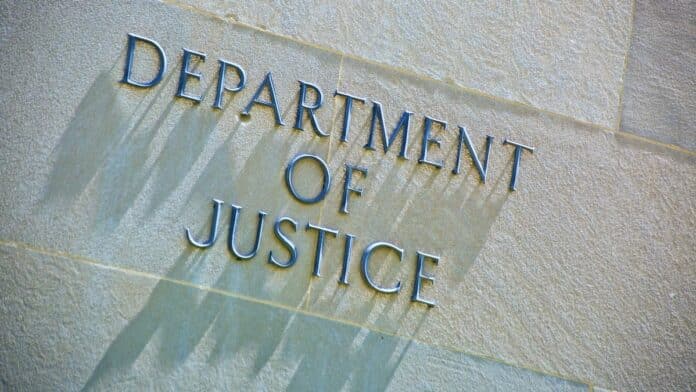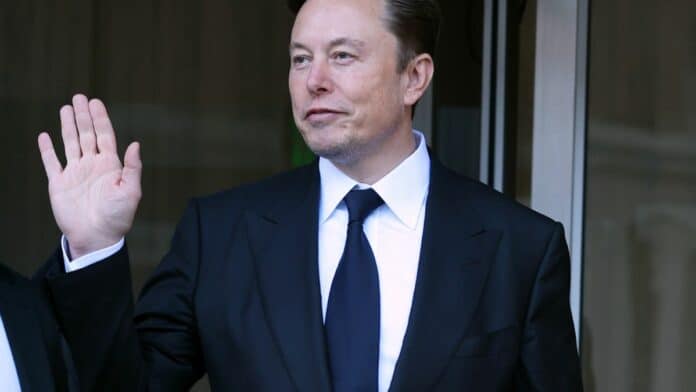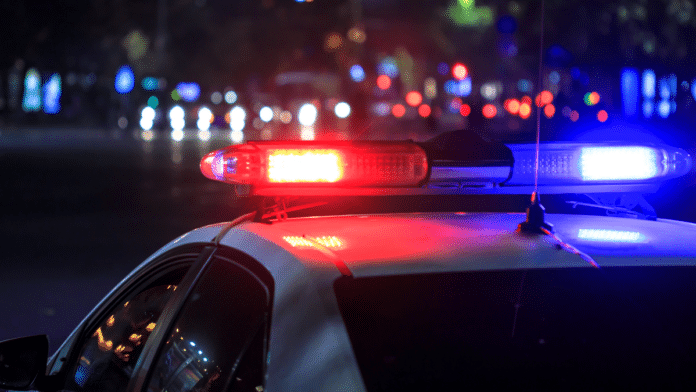Costco’s gold bars were a surprise hit in 2024, flying off virtual shelves as Americans turned to hard assets in uncertain economic times. Shoppers who paid nearly $2,690 for a 1-ounce gold bar last year have seen that investment rise sharply, with gold prices reaching record highs in 2025.
When Costco began selling 1-ounce PAMP Suisse Lady Fortuna gold bars online, demand spiked despite the product being restricted to Costco members and limited to two bars per customer. At the time, a single bar sold for around $2,689.99 before taxes and fees. Now, with gold reaching as high as $3,578 per ounce, that same bar has appreciated by nearly 33%.
Buyers who held onto their bars could see a paper profit of about $888 per ounce, assuming gold sells at its peak value. This gain reflects broader trends: inflationary pressures, global instability, and fears of a weakening dollar have all pushed investors toward precious metals. The trend also underscores growing skepticism toward fiat currencies and centralized financial systems, particularly among fiscal conservatives.
However, the real value depends on how and when the gold is sold. Dealers typically pay below spot price, often subtracting 2%–5% for processing and market risk. Additional costs such as shipping, insurance, or assay verification may further reduce the resale value. Furthermore, any profit from the sale of physical gold is subject to a 28% capital gains tax under U.S. law, as it is classified as a collectible.
Costco does not buy back gold, leaving resale in the hands of third-party dealers or private buyers. Still, the strong performance of physical gold confirms its role as a store of value during political and economic uncertainty. As federal spending increases and confidence in financial institutions declines, gold continues to hold appeal for those seeking security beyond the dollar.



